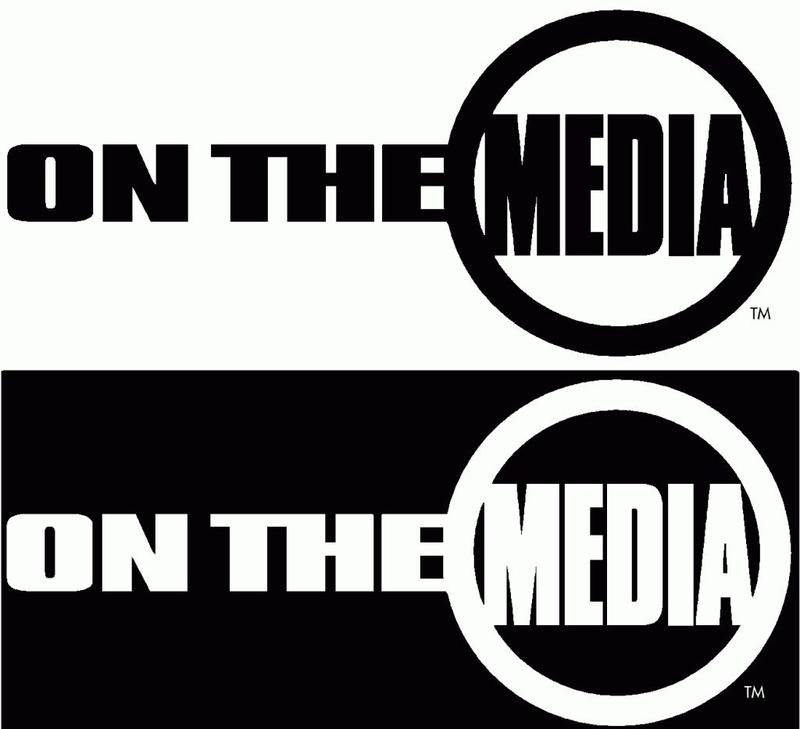 The NYPR Archive Collections
The NYPR Archive Collections
Do We Really Know Who's Watching, Reading; Movie Tie-ins; Dumb Questions Journalists Ask; Buckley & Schultz Retire; Columbine

Commercial television, newspapers and websites exist for one reason above all others: to attract eyeballs for advertisers. This is Brian Lehrer, host of On The Media. This week, why it's so hard to count those eyeballs, or do you lie on your Nielsen diary? Also, did "Time Magazine" steal Christmas from the Columbine survivors? That and more this week, on NPR's On The Media.
1 - EYEBALLS: MEASURING AUDIENCE ACROSS MEDIA
Companies spent $45 billion last year for the right to advertise on broadcast and cable television and networks spent billions of their own researching, developing, marketing and selling their programs. With so much at stake, a lot of scrutiny has fallen on the middleman in the equation: the services that measure audience. Newspapers are also reexamining the way the measure how many people they, and their advertisers, reach. You can't help but thinking that the underlying force behind the new scrutiny is the Internet - which offers ways to measure audience that old media can only dream of.
Guest: Jean Pool: Director of National Media Services, J. Walter Thompson,
Tom Hyland: Chair, New Media Group, PricewaterhouseCoopers.
Doug McFarland: Senior Vice President, Media Metrix
2 - A CHARLIE BROWN CHRISTMAS
Charles Schultz announced his retirement this week. For fifty years "Peanuts" was an American icon....the tales of Charlie Brown, Snoopy, Lucy, Linus and all the rest a seemingly permanent fixture in our consciousness....Commentator James Poniewozik, for one, is sad to see them go.
Commentator: James Poniewozik, TV Critic, "Time Magazine"
3 - LISA AND BRIAN
MSNBC Internet correspondent Lisa Napoli talks with Brian about the latest happenings on the Internet including the troubles plaguing e-retailers, the battle between etoy.com and etoys.com and the Y2K Internet czar.
Guest: Lisa Napoli, Internet Correspondent, MSNBC
4 - THE MODEL T INTERNET
According to commentator Mitchell Stephens, we might think we've figured out the Internet, but you can't know new media until it grows up a little.
Commentator: Mitchell Stephens
5 - THE INTERNET AS GROWTH MODEL
Millions of Internet users and thousands of Internet consultants say you can know a lot about where the Internet is going, even as it's just getting there.
Guest: Peter Clemente, Vice President, CyberDialogue
6 - MOVIE TIE-INS
Read the Commentary
Movies aren't just movies anymore. They're promotional vehicles, as everyone figured out "Star Wars". And today as much energy goes into promotional ties-in for say, "Wild Wild West", than the film itself.
Commentator: David Serchuk, Writer
7 - QUESTIONS JOURNALISTS ASK
In debates, press conferences and in newspapers the press is asking politicians questions that seem less than political. It's nothing new, but what purpose does it serve?
Guest: Timothy Noah, Chatterbox Columnist, Slate.com
8 - THE FINAL FIRING LINE
With the end of the millennium comes the passing of the long running conservative talk show, Firing Line. Host William Buckley talks with Brian about the origins of the program and what the future holds for long form political talk shows.
Guest: William F. Buckley Jr., Editor, "National Review"; Host, "Firing Line"
9 - COLUMBINE ON THE COVER, AGAIN
This week Time magazine revisited the Columbine High School tragedy taking an in depth, investigative look at the killers Klebold and Harris providing quotes from the five video tapes made by the boys shortly before they went on their murderous rampage. The Time coverage resulted in a cry of outrage from within the Littleton, CO and from John Stone, the Jefferson County Sheriff who provided access to the tape, who says he was duped by the Time reporter, who, he says promised to use the tapes only for background purposes.
Guest: Deni Eliott, Director, Practical Ethics Center, University of Montana
WNYC archives id: 84941